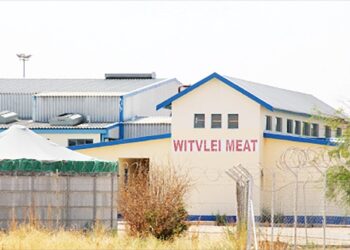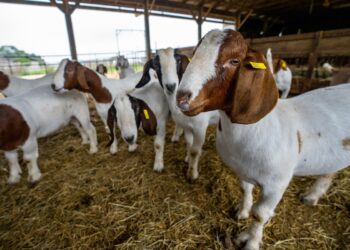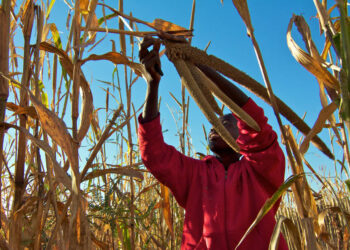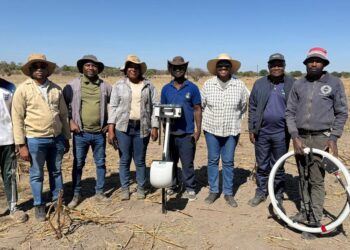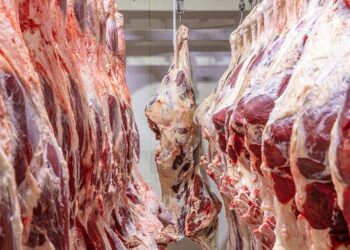
The transition from the warm summer months to the cold winter months has posed challenges for many poultry farmers in Namibia.
Between May and September, farmers often encounter various health issues in their flocks. To reduce the risk of poultry deaths, farmers need to be aware of the following aspects.
The change in weather conditions has a direct impact on the welfare of poultry birds making them susceptible to diseases and this usually leads to massive mortality losses. The winter season typically exposes chickens and other poultry birds to wind and cold stresses, which can affect their respiratory systems.
Farmers are advised to use winter covers to close the windows of poultry coops to minimize the amount of cold wind entering the house or reaching the birds. In events where a poultry house is not in place, chickens and other poultry birds are exposed to harsh weather conditions and if they are reared under free-range production where they fend for food daily, this may result in slow growth rates among the flock.
The winter season always affects the success of brooding in many poultry operations that use alternative energy sources that may be unreliable during winter. The standard brooding period is usually 14 days but during winter farmers are urged to brood chicks for 21 days and the floor must be insulated with cover (wood shavings, mulch, or straw at a depth of 7.5 cm).
This may eliminate the possible occurrence of Pneumonia which usually results in chick mortality. Newcastle disease and Infectious Coryza and a range of other ailments become more evident in poultry flocks, therefore, farmers are urged to vaccinate chickens with the rightful vaccines such as ND Clone 30, Nobilis Coryza, etc before winter becomes intense and lead to the demise of unvaccinated chickens.
During winter, poultry birds require more feed to generate heat and keep themselves warm. Inadequate feed amounts can weaken their immune systems and render them vulnerable to diseases. It is essential to increase the daily feed requirements of chickens to at least 20 grams per day during the winter months.
Additionally, on severely cold nights when temperatures are forecasted to be below 8 oc, it is essential to re-introduce brooding heat bulbs (165 W, poultry specific bulbs) in the chicken coops to keep the room temperature warm to avoid mortalities.
To ensure the well-being of poultry birds during the upcoming winter season, farmers should prioritize regular vaccination and proper feeding for their poultry. Additionally, it’s crucial to maintain a clean and favourable environment for the birds to thrive and minimize the risk of potential health issues or fatalities.
*Hanks Saisai is Technical Advisor: Crops & Poultry at Agribank


